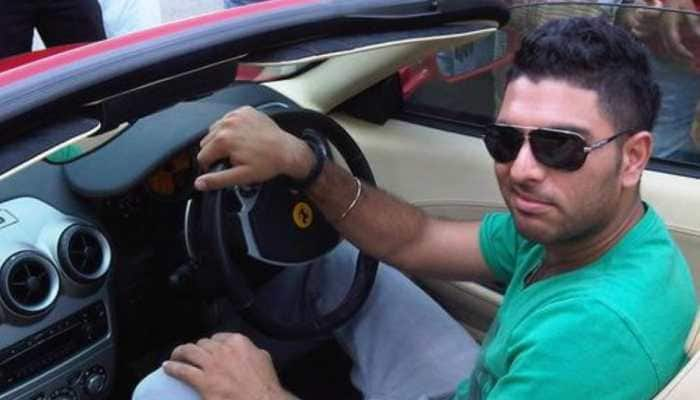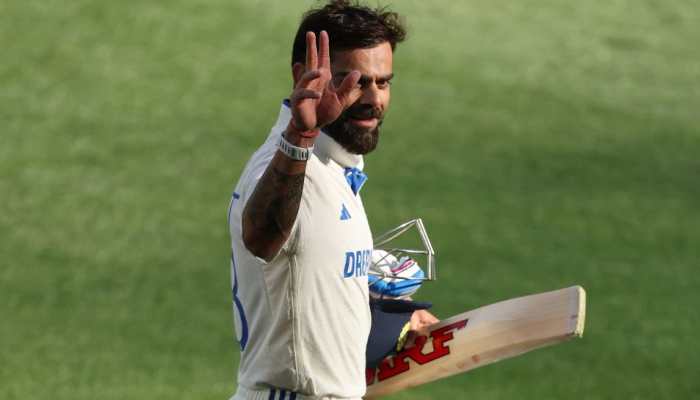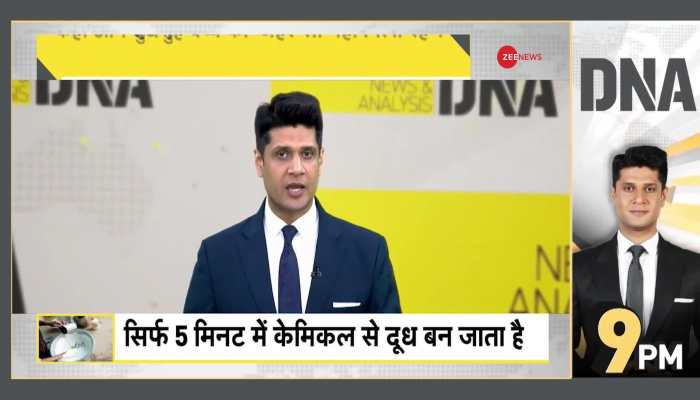'One Nation, One Election': What Will Change After The Bill Is Passed? Check Out Key Recommendations For Simultaneous Polls
The Union Cabinet, led by former president Ram Nath Kovind approved the "One Nation, One Election" bill, which aims to conduct simultaneous elections across the country.
Trending Photos
)
The Union Cabinet on Thursday approved the "One Nation, One Election" bill, which aims to conduct simultaneous elections across the country. A high-level committee, led by former president Ram Nath Kovind, had made recommendations on simultaneous elections, which were accepted by the Cabinet in September.
The bill passed in the ongoing winter Session of Parliament that began on November 25 and will run till December 20. On September 2, 2023, the Prime Minister Narendra Modi-led Central government established a High-Level Committee to examine the feasibility of holding simultaneous elections in India.
In today's high-level panel on "One Nation, One Election" there are the top 10 recommendations were made on simultaneous polls:
1. The government must develop a legally-tenable mechanism in order to restore the cycle of simultaneous elections.
2. In the first stage, elections for the Lok Sabha and all state legislative assemblies can be held together.
3. In the second step, the elections to municipalities and panchayats will be synchronised with the Lok Sabha and state assemblies in such a way that the polls to municipalities and panchayats are held within 100 days of the holding of the parliamentary and Assembly elections.
4. For the purpose of synchronising the Lok Sabha and Assembly elections, the president shall notify the date of the first sitting of the Lok Sabha after a general election as the "appointed date".
5. The tenure of all state assemblies formed via polls after the "appointed date" and before the expiry of the full term of the Lok Sabha will only be for the period ending up to the subsequent parliamentary polls. After this one-time transitory measure, all Lok Sabha and Assembly polls will be held simultaneously.
6. Fresh elections could be held to constitute a new Lok Sabha in the event of a hung House or a no-confidence motion or any such event.
7. Where fresh elections are held for the House of the People (Lok Sabha), the tenure of the House will be "only for the unexpired (remaining) term of the immediately preceding full term of the House".
8. When fresh elections are held for state legislative assemblies, then such new assemblies -- unless sooner dissolved -- shall continue up to the end of the full term of the Lok Sabha.
9. A single electoral roll and elector's photo identity card (EPIC) shall be prepared by the Election Commission (EC) in consultation with the state election commissions and the same will substitute any other electoral roll prepared by the EC.
10. For making logistical arrangements for the conduct of simultaneous elections, the EC may draw up a plan and estimate in advance for the procurement of equipment, such as EVMs and VVPATs, deployment of polling personnel and security forces and make other necessary arrangements.
(With PTI Inputs)
Stay informed on all the latest news, real-time breaking news updates, and follow all the important headlines in india news and world News on Zee News.
Live Tv







)
)
)
)
)
)
)
)
)
)
